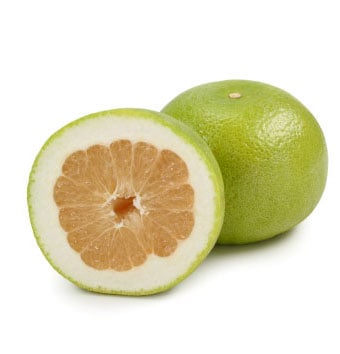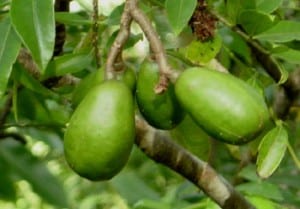Melon is a name given to various members of the Cucurbitaceae family with fleshy fruit. Melon can refer to either the plant or thefruit, which is a type of modified berry referred to as a pepo. Many different cultivars have been produced, particularly of muskmelons. The plant grows as a vine. Although the melon is a fruit, some varieties may be considered “culinary vegetables”. The word derives from Latin “melopepo”,which is the romanization of theGreek “μηλοπέπων” (mēlopepon), meaning “melon”, itself a compound of “μῆλον” (mēlon), “apple”+ “πέπων” (pepōn), amongst others “a kind of gourd or melon”.
Benefits of Melon
Melons provide a good source of potassium and vitamin C. Like many other fruits, they are also fat and cholesterol free, high in water content, and are relatively low in calories. Many melons originated in the Middle East and their popularity was gradually spread across Europe. Of all the melons, ancient Egyptians and Romans mostly consumed
cantaloupes and muskmelons. Christopher Columbus transported melon seeds to the United States and Spanish
explorers eventually cultivated them.
Melons are in the same gourd family as squashes and cucumbers. Most melons are similar in appearance to winter squash. Both groups have thick flesh and an inner seed-filled midsection. The main difference between melons and squashes is in the way that they are used. Squashes are consumed as vegetables while melons are consumed as fruits due to their much sweeter, juicy flavor.
Maximising the benefits
Melons with a lighter yellow or green colour as well as watermelons contain less vitamin C and beta-carotene than orange melons do.

